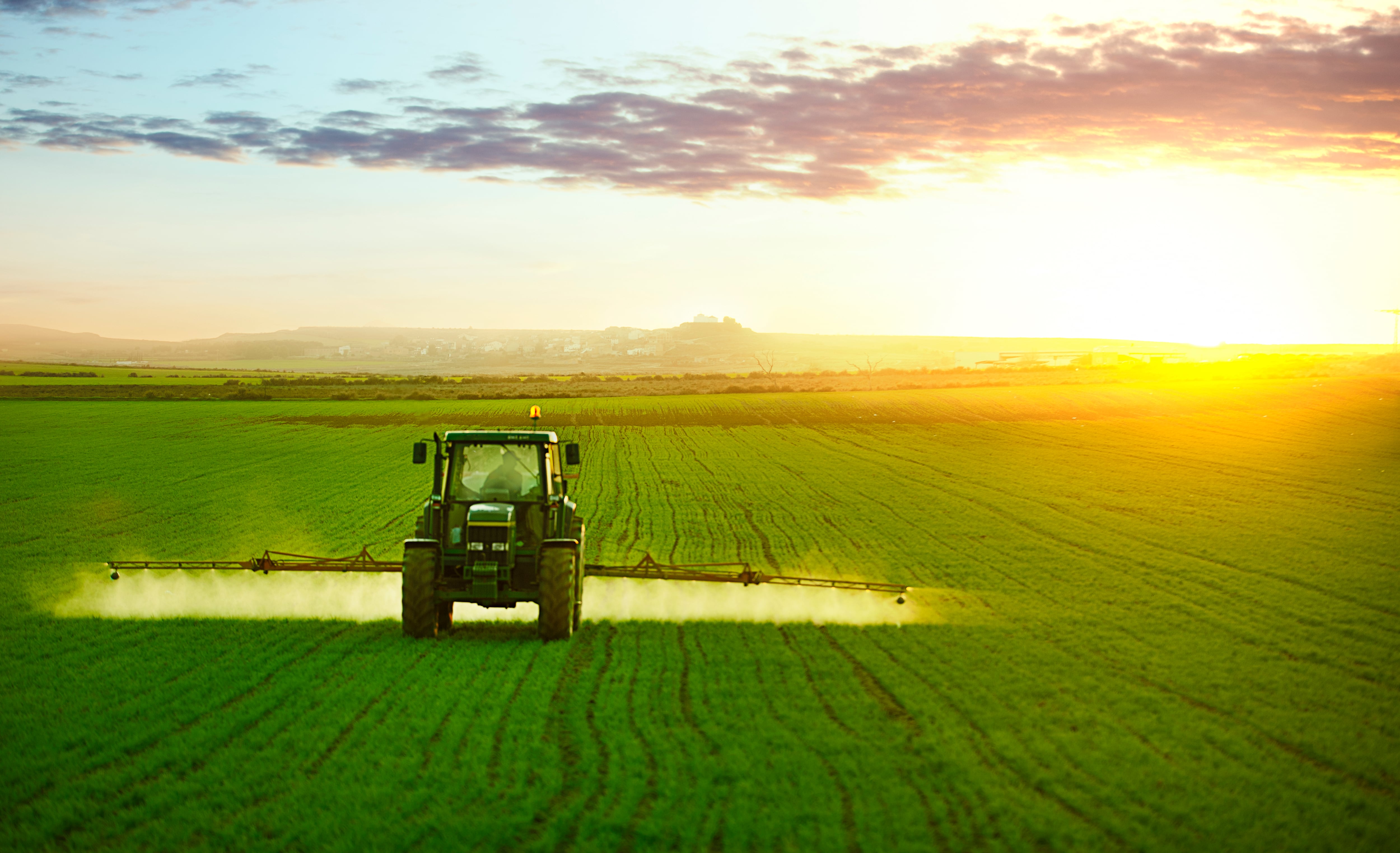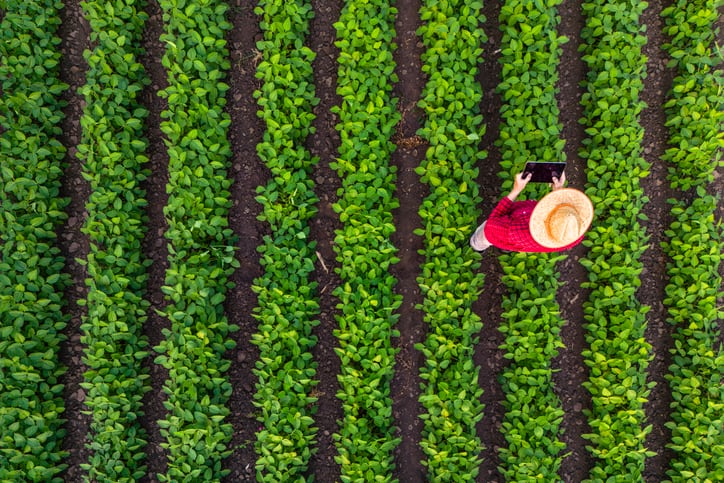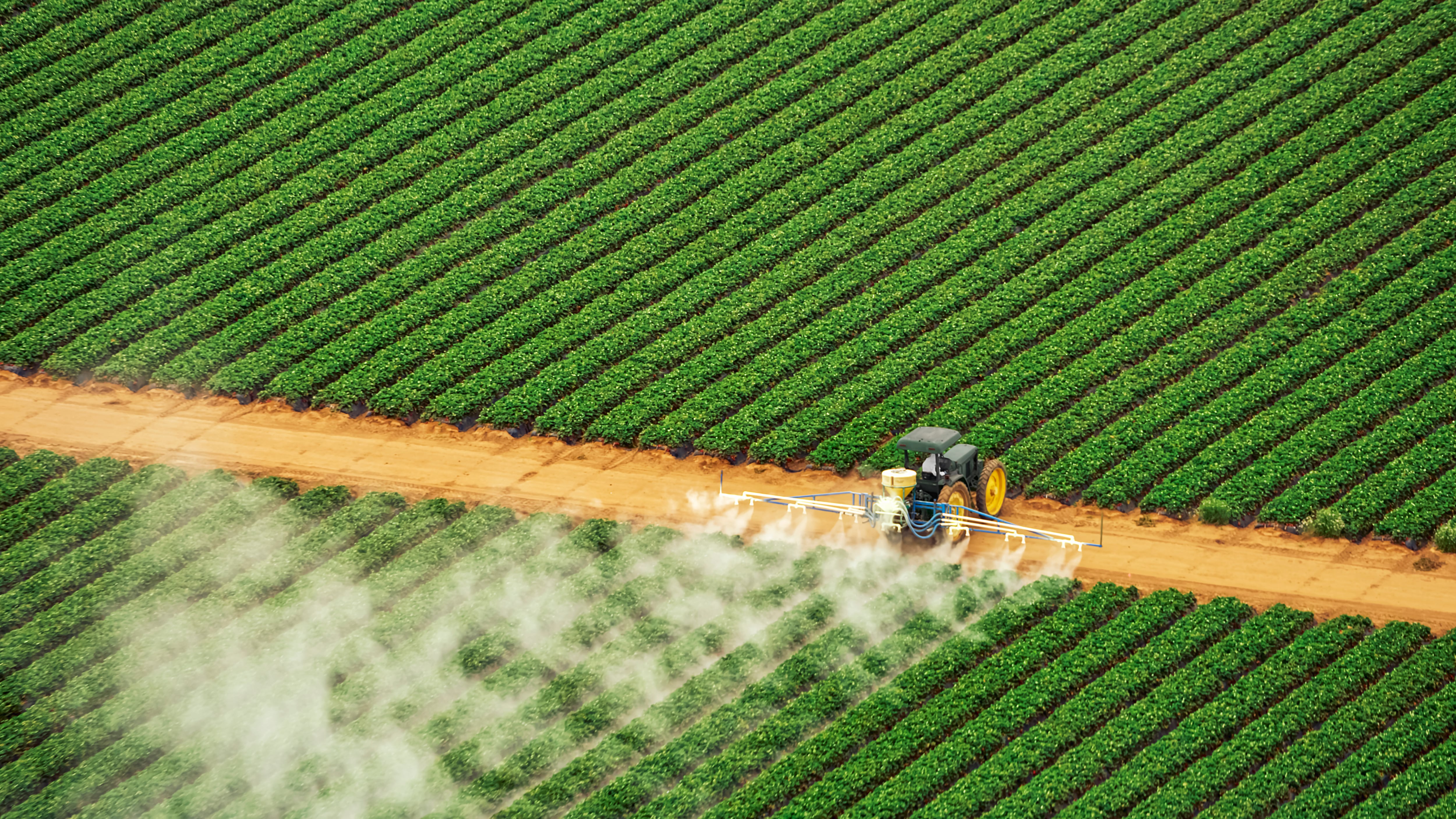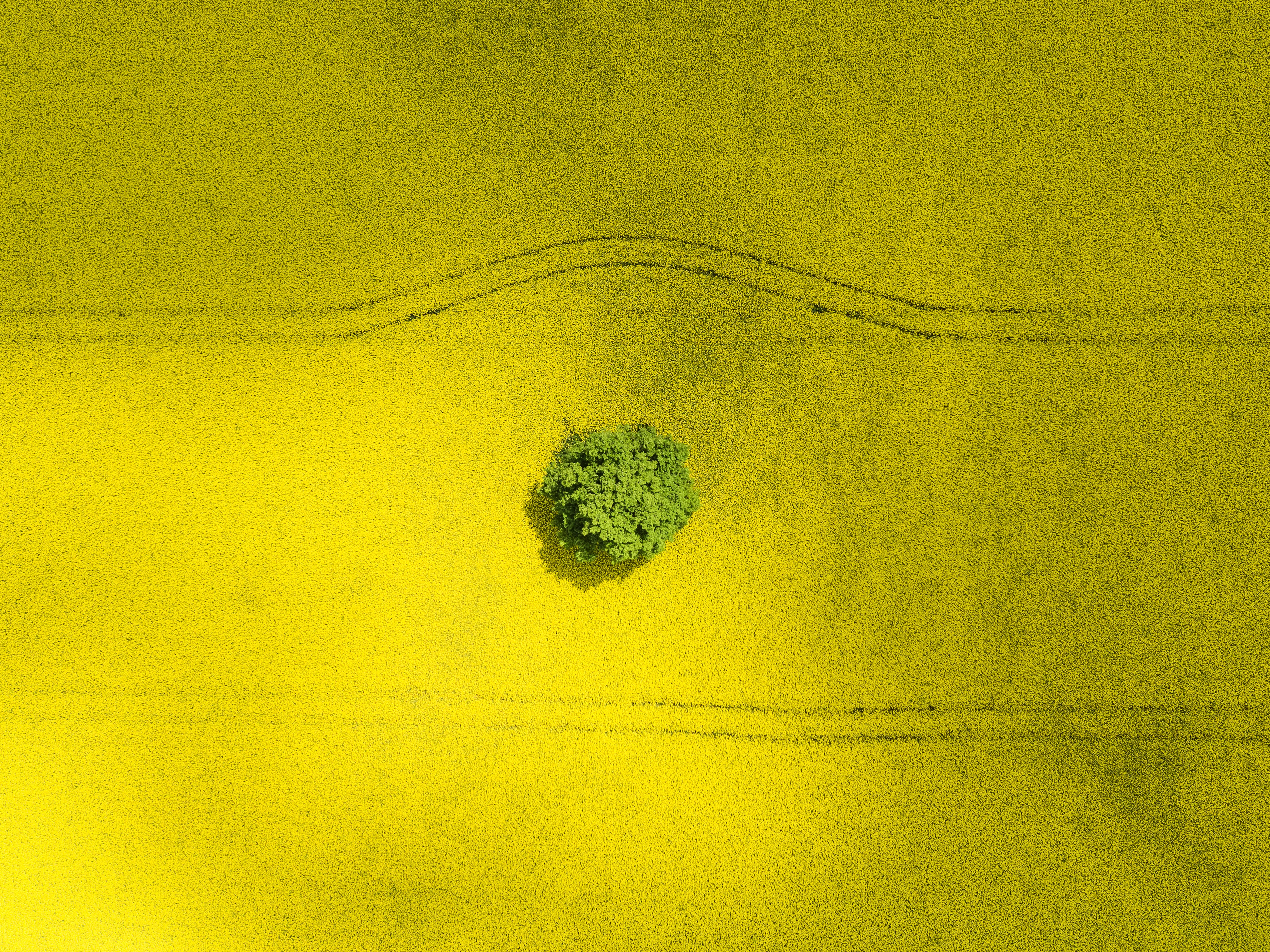Farmers enrolled in ADM’s regenerative agriculture programme in Germany are set to receive incentives per hectare for introducing a host of practices. These include precise fertiliser application, conservation tillage, cover crops, increasing biodiversity habitats, and companion cropping that protect and improve soil health, biodiversity, climate and water resources.
With a goal of enrolling 60,000 acres (around 24,281 hectares) in Germany by 2025, it is currently available for farmers growing wheat, oil seed rape, and soy.
It follows the launch of ADM’s programme in the UK and Poland as part of ambition to grow it to 5 million acres globally this year.
It has launched the programme in partnership with regenerative agriculture start-up Klim, which in November raised $22 million in Series A funding, Germany’s largest agtech Series A round of the year.
Via its digital platform, farmers receive tools to plan, execute, and finance regenerative practices. Through it, farmers can restore soil health, improve farm resilience and biodiversity, capture carbon, and reduce farm emissions, the company says.
Over 3,500 farmers are using the platform, cultivating over 700,000 hectares of land, representing 5% of German farmland, and its clients include Nestlé, the supermarket Kaufland, and bakery brand Aryzta.
Klim will onboard German farmers and further develop the ADM programme by providing monitoring, reporting and verification services.
Together, Klim and ADM have defined over 30 key performance indicators that farmers can use to measure impact using comprehensive data and insights from across the entire farm. The analysis aims to help farmers review essential performance metrics to make informed decisions on which regenerative methods are the best suited to their operations. ADM and its customers can then use the analysis to account for the results as part of their Scope 3 inventory.
Touching every part of the value chain
ADM’s programme in Germany follows a comprehensive design, explained Candy Siekmann, director of climate smart agriculture origination at ADM. “It gathers data from across entire farms and provides farmers with tools to better position their farm for the future and help reduce and sequester emissions. Very few companies touch every part of the value chain, from farmer to consumer, the way ADM does,” she claimed, “representing a unique opportunity to connect every step of that value chain”.
Klim’s CEO and founder Robert Gerlach said that by combining ADM’s resources and farming network with its data and analytics driven approach and regenerative expertise, the pair aim to spearhead an industry-wide shift towards a more sustainable food system. “This partnership is a powerful model for how collaboration across the entire value chain can deliver both environmental impact and economic resilience at scale,” he said.
Enrolled farmers can get training by Klim agronomists, he added. The partnership also aims to be a hybrid approach that incentivises both new and existing regenerative agriculture practices to help reduce greenhouse gas emissions, promote soil health, and highlight the positive impact of sequestered carbon. This approach will appeal to a diverse range of farmers including those already implementing regenerative agriculture and those new to the practice, the companies said.




